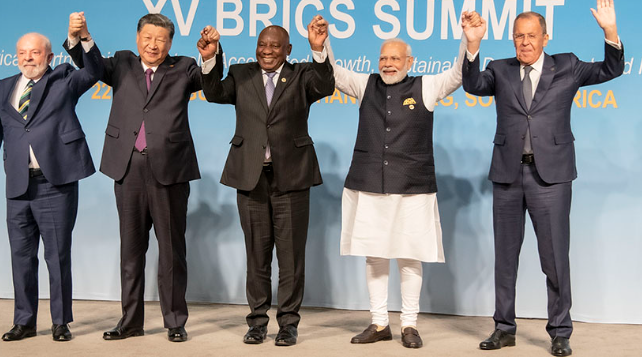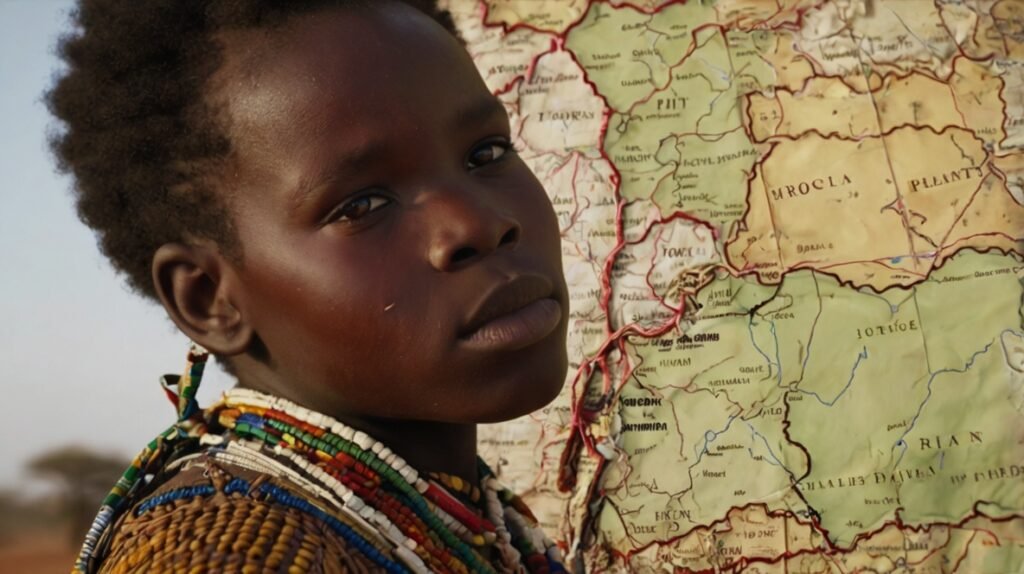The BRICS group, comprising Brazil, Russia, India, China, and South Africa, has emerged as a powerful bloc representing a significant portion of the world’s population and economic output. The group’s influence has been growing, and its appeal to African nations is evident. African countries are increasingly seeking to diversify their international relationships and reduce their dependence on Western nations, which have historically dominated global economic and political systems.
One of the primary reasons for this shift is the perception that Western countries, particularly the United States and European nations, have imposed exploitative economic policies and stringent conditions through institutions like the International Monetary Fund (IMF) and the World Bank. These policies have often led to cycles of debt and austerity, hindering the economic growth of African nations. In contrast, BRICS offers a more balanced and multipolar partnership, focusing on mutual respect and shared interests.
Economic and Political Motivations
African countries are attracted to the BRICS alliance for several reasons. Firstly, BRICS nations, particularly China and Russia, have shown a willingness to invest in African infrastructure, energy, and technology sectors. For instance, Russia’s state-owned nuclear energy corporation, Rosatom, has initiated discussions to expand nuclear capabilities in South Africa, providing a cleaner and more reliable alternative to coal. Similarly, the El Dabaa Nuclear Power Plant project in Egypt, set to be completed by 2028, promises to address the country’s energy needs.

Secondly, the New Development Bank (NDB), established by BRICS, offers an alternative source of infrastructure financing without the stringent conditions often associated with Western financial institutions. This allows African countries to access much-needed funds for development projects, fostering economic growth and reducing their reliance on Western aid.
Positive Aspects of the Realignment
The realignment towards Russia and BRICS presents several positive aspects for African countries. One of the most significant benefits is the potential for economic diversification. By increasing trade and investment with BRICS nations, African countries can reduce their dependence on singular markets and strengthen their economic resilience. This diversification is essential for creating more stable and sustainable economies across the continent.
Moreover, BRICS nations, particularly China and India, are leaders in technological innovation. Africa’s participation in BRICS opens doors to partnerships that can propel the continent forward in areas like digital infrastructure, education, and technology-driven industries. These sectors are critical for Africa’s future, as they offer pathways for growth in the global digital economy.
Additionally, the BRICS alliance provides African countries with a platform to assert their role in shaping global governance. Through cooperation with BRICS, Africa gains access to vital resources, cutting-edge technology, and infrastructure that will fuel its long-term growth and stability. This partnership champions shared interests and mutual respect, offering a more balanced approach to international relations.
Potential Consequences and Challenges
While the shift towards Russia and BRICS presents numerous opportunities, it also comes with potential consequences and challenges. One of the primary concerns is the risk of alienating traditional Western allies. This realignment could lead to strained diplomatic relations and reduced access to Western markets and financial institutions. African countries must carefully navigate this transition to avoid potential economic and political repercussions.
Another challenge is the need to ensure that new partnerships with BRICS nations are equitable and do not replicate the exploitative practices of the past. African countries must negotiate terms that prioritize their development needs and protect their sovereignty. This requires strong leadership and strategic planning to maximize the benefits of these new alliances.

Conclusion
The realignment of African countries towards Russia and BRICS marks a significant shift in global geopolitics. Driven by the desire for more equitable partnerships and economic independence, this new era of alliances offers both opportunities and challenges. By leveraging the resources and expertise of BRICS nations, African countries can foster economic growth, technological innovation, and political stability. However, they must also navigate the potential consequences and ensure that these new partnerships are mutually beneficial and sustainable.